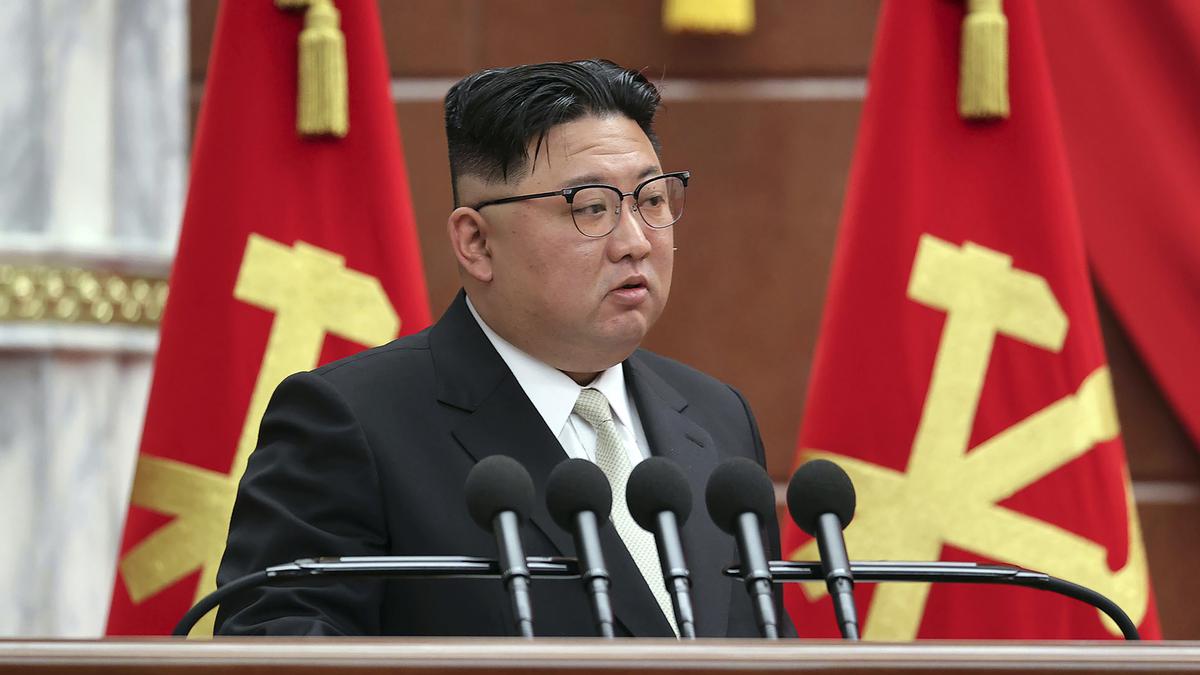
North Korea holds rare meeting on farming amid food shortage
The Hindu
Kim Jong Un presided over a major political conference as per local reports, amid outside assessments that the country’s chronic food insecurity is getting worse
North Korean leader Kim Jong Un opened a major political conference dedicated to agricultural improvement, state media reported on February 27, amid outside assessments that the country’s chronic food insecurity is getting worse.
Recent unconfirmed reports have said an unknown number of North Koreans have died of hunger. But observers have seen no indication of mass deaths or famine in North Korea, though its food shortage has likely deepened due to pandemic-related curbs, persistent international sanctions and its own mismanagements.
During a high-level meeting of the ruling Workers’ Party that began on Sunday, senior party officials reviewed last year’s work under state goals to accomplish “rural revolution in the new era”, the official Korean Central News Agency reported.
The report said that the meeting of the party’s Central Committee will determine “immediate, important” tasks on agricultural issues and “urgent tasks arising at the present stage of the national economic development”.
KNCA didn’t say whether Mr. Kim spoke during the meeting or how long it would last. Senior officials such as Cabinet Premier Kim Tok Hun and Jo Yong Won, one of Kim’s closest aides who handle the Central Committee’s organisational affairs, were also attending.
The meeting is the party’s first plenary session convened only to discuss agriculture. Monday’s report didn’t elaborate on its agenda, but the party’s powerful politburo said earlier this month that a “turning point is needed to dynamically promote radical change in agricultural development”.
Most analysts North Korea's food situation today is nowhere near the extremes of the 1990s, when hundreds of thousands of people died in a famine. However, some experts say its food insecurity is likely at its worst since Mr. Kim took power in 2011, after COVID-19 restrictions further shocked an economy battered by decades of mismanagement and crippling U.S.-led sanctions imposed over Mr. Kim’s nuclear program.













